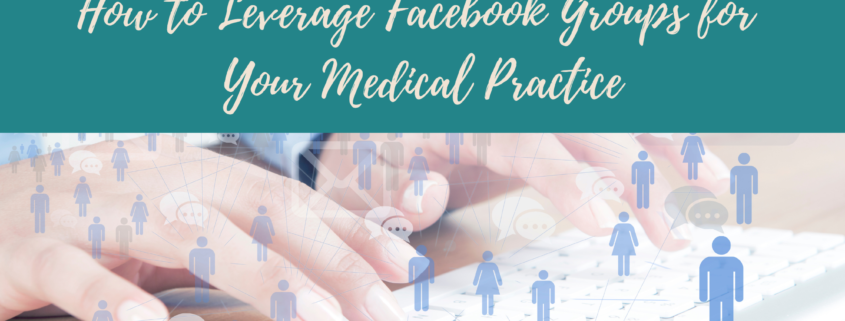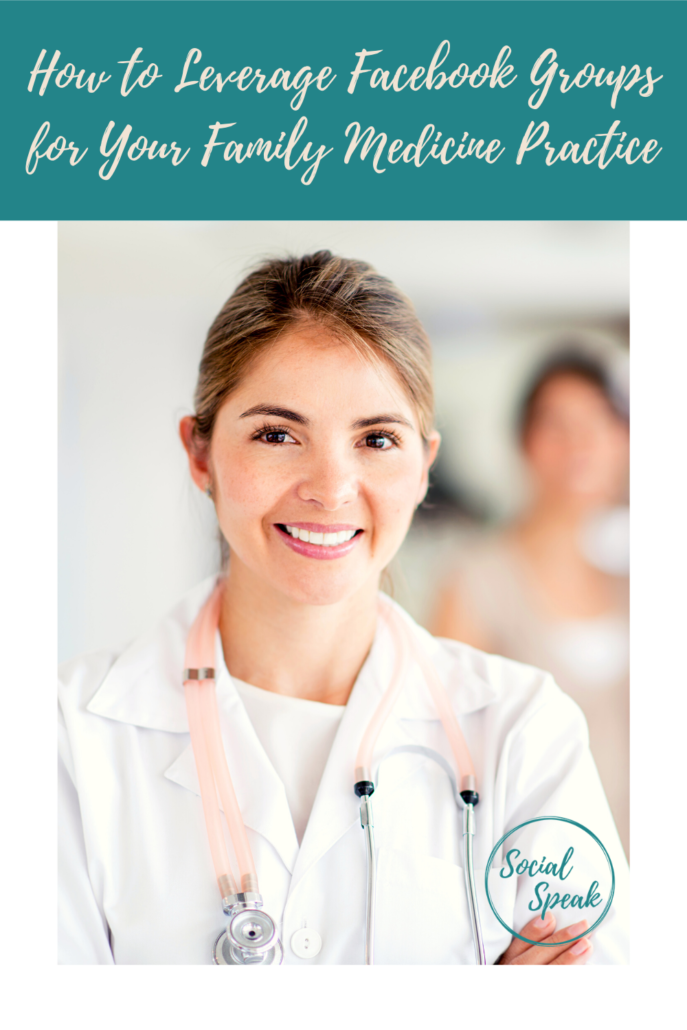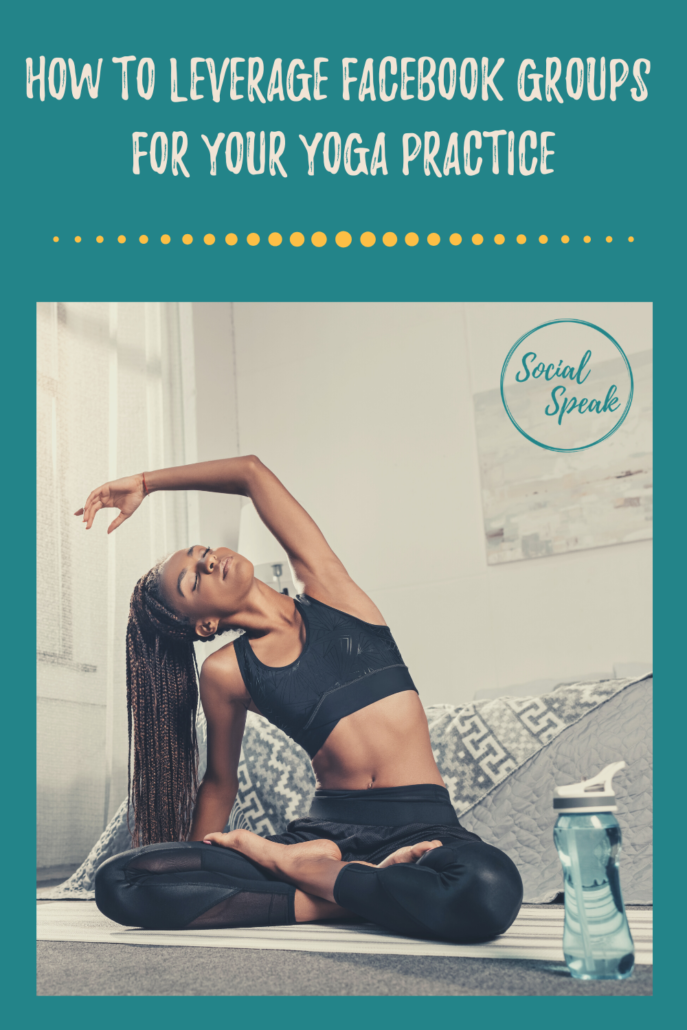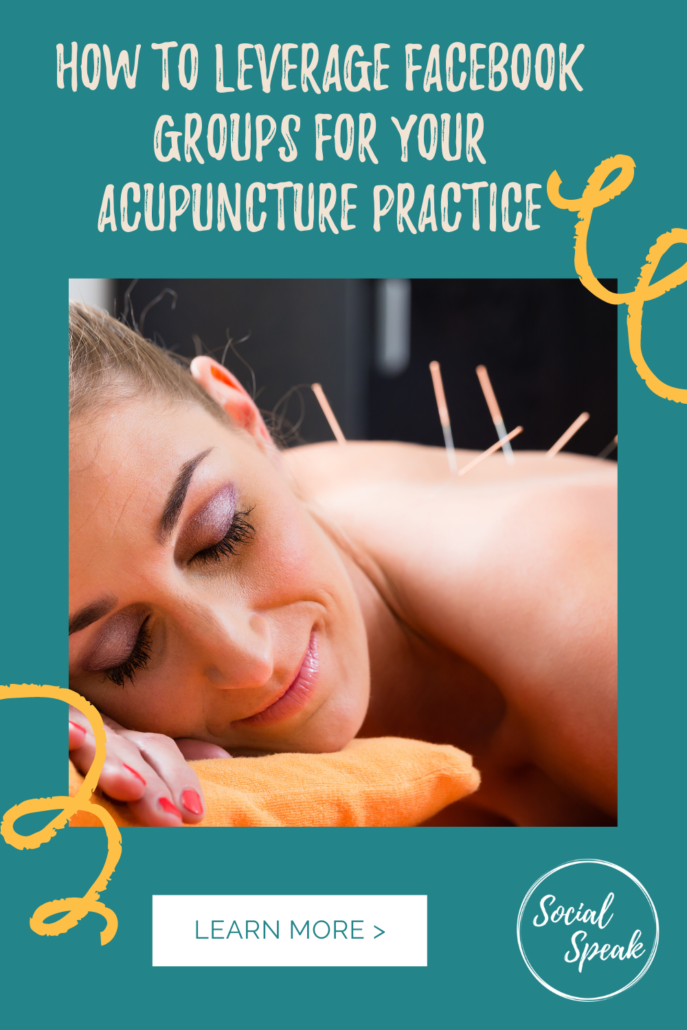You probably belong to at least 3 Facebook groups, right? But have you ever considered creating one for your practice? If not, then you should.
In this blog post, we’ll show you how to leverage Facebook groups for your medical practice. Read on to discover how to use Facebook groups to support and grow your practice.
Build a community
Your practice or organization most likely has a Facebook Business Page. We highly recommend that you create a Facebook group in addition to your page as a way to engage with your audience on a more personal level.
People who will join your group are likely your most loyal patients and followers. They’re spending their free time reading your posts and sharing them with their family and friends. With Facebook groups, you have an opportunity to engage with them directly and show them that you care.
Establish authority as a thought leader
If you want to build authority as a thought leader, a Facebook group is a great way to get serious.
The key to building thought leadership is to blog regularly. Make sure, though, that your blogs are relevant to the industry and add value to the reader’s lives. Your Facebook group is an excellent place to share your blog posts as well as articles on trends and issues that impact your industry.
Thought leadership also requires staying up-to-date on the latest news and trends. Is there a newsworthy topic or a new law affecting the industry? Feel free to share your thoughts and opinion within the group.
Beat Facebook algorithm
It’s no secret that Facebook rewards engagement. In fact, Facebook pushes the post back up to the top every time someone reacts or comments on the post. The more people in your group are posting and interacting, the further your reach in the newsfeed will be.
To keep the flow of content going, regularly post things that will spark interaction among group members. Another idea is to ask open-ended questions. If they’re a really chatty bunch, let them dictate where the conversation is going. Ideally, you’re a benevolent leader who chimes in with support or wisdom when needed.
Provide value to the community
Most people turn to the internet for medical information. Some would visit health sites, while others would go around asking people for advice.
Suppose someone in your group asks specific questions about their condition and treatment, the best thing to do is to send this person a private message and invite him/her to your practice to discuss their question in person. This will help keep their information safe and ensure that you do not violate HIPAA.
Of course, you can still answer to the best of your understanding without sharing or asking for additional private information. You can also share some health tips, advice, as well as some helpful articles to further educate them.
It is a good idea to have rules in place about what is and isn’t appropriate to post. You want to keep the patient’s information private, while still fostering a sense of community and belongingness.
Create a sense of exclusiveness
Everyone wants to feel special, right? Private Facebook groups can provide just that. You have the option to keep the group private and hidden to emphasize exclusivity, keep the community tight-knit, and to keep the quality of discussions high.
You can create a group that is dedicated to your email subscribers. Each subscriber gets a link once they opt-in, so they can join the group. And since it’s a private group, only those who are inside the group can see who’s in the group, the posts, etc.
People can request to join, but you’ll have to screen them first before they can enter. Having some sort of fo qualification for admittance to the group naturally builds a stronger community. People feel like they’re a part of a special club.
Patient support group
People who are dealing with chronic illness, mental health issues, and other conditions can benefit from a support group.
By meeting and talking to people with the same condition as them, they will realize that they are not alone. That they aren’t the only person in the world who is experiencing the same problem. Plus, it gives them hope, seeing others in the group who are further along their road to recovery.
A support group can be their safe haven. Here, they are free to share their feelings and life circumstances within a safe and supportive environment.
As a healthcare professional, you are free to offer tips and advice to help patients deal with certain issues. You can also recommend some books and other resources that will further educate them.








